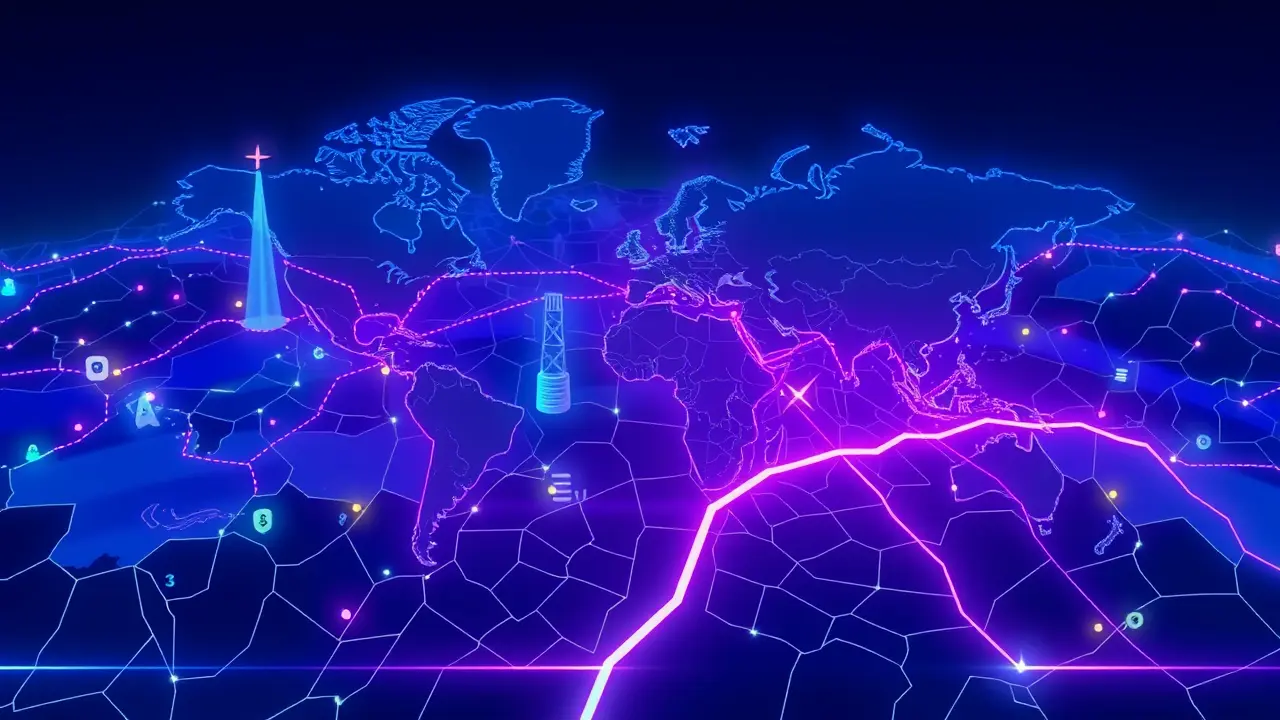Trump discusses China tariffs and upcoming Xi meeting.
The political theater surrounding US-China trade relations reached another dramatic peak this week as President Donald Trump unveiled his proposed 100 percent tariff on Chinese goods, a move he openly admitted was 'not sustainable' in a revealing Fox Business Network interview broadcast Friday. This wasn't just another policy announcement; it was a classic piece of Trumpian political strategy, a calculated escalation in a high-stakes negotiation that feels more like a permanent campaign than international diplomacy.The President, ever the master of framing the narrative, placed the blame squarely on Beijing, accusing them of forcing his hand by tightening control over their rare earth exports—a critical sector where China dominates global supply chains for minerals essential to everything from F-35 fighter jets to your iPhone. This is the political playbook in its purest form: create a crisis, assign blame, and position yourself as the strong leader responding to external aggression.But let's pull back the curtain on the broader context. This isn't happening in a vacuum.We're witnessing the latest volley in a trade war that began back in 2018, a conflict that has seen tariffs ebb and flow but never truly resolve, creating a persistent undercurrent of uncertainty for global markets. The rare earth gambit by China is itself a strategic counter-punch, a reminder that they hold powerful cards in this geopolitical poker game.Historically, they've wielded this weapon before, notably during a 2010 dispute with Japan, proving they're not afraid to leverage their production dominance. Expert commentary from trade analysts suggests this latest impasse is particularly perilous.A 100 percent tariff isn't a tweak; it's an economic nuclear option that would fundamentally rewire global supply chains, likely triggering immediate price spikes for American consumers and potentially pushing the world's two largest economies into a full-blown recession. The consequences would ripple far beyond Washington and Beijing, destabilizing allies in Europe and Southeast Asia who are caught in the crossfire.From a strategic perspective, this move appears designed to create maximum leverage ahead of Trump's anticipated meeting with President Xi Jinping, an encounter that will be less a diplomatic summit and more a high-stakes showdown. The question isn't just about tariffs; it's about technological supremacy, with ongoing battles over semiconductors and Huawei simmering in the background. Will this aggressive posturing force concessions, or will it harden Beijing's resolve, creating a new, more fractured global economic order? The political risk is immense, and as with any high-pressure campaign, the potential for miscalculation is the greatest danger of all.
It’s quiet here...Start the conversation by leaving the first comment.
